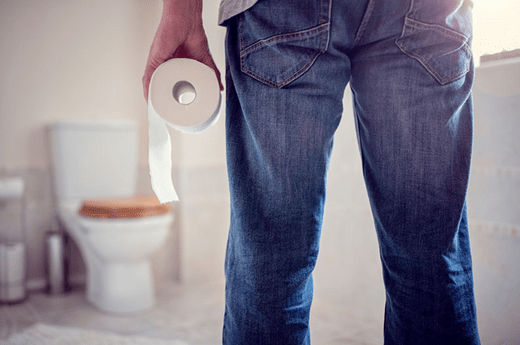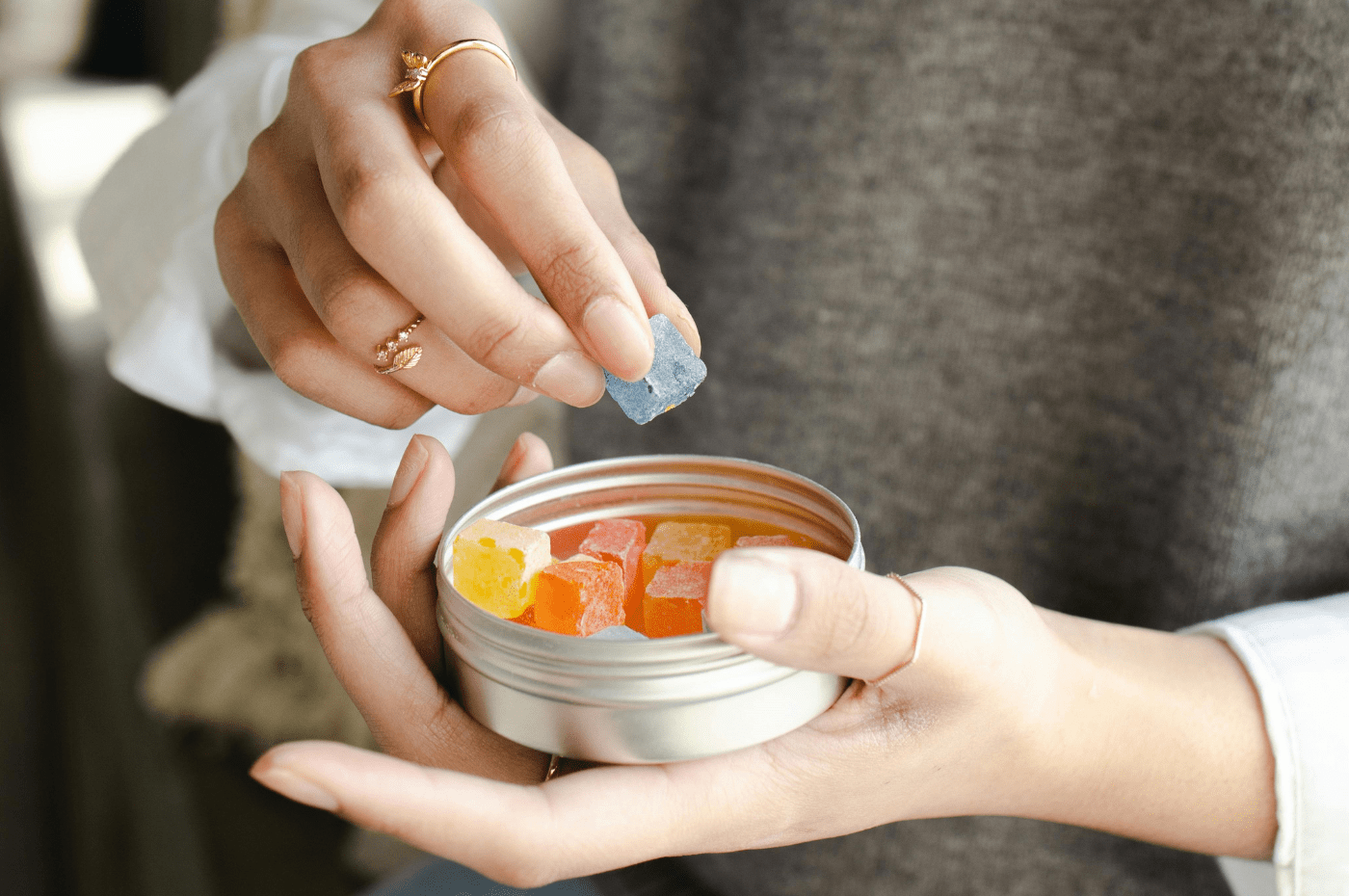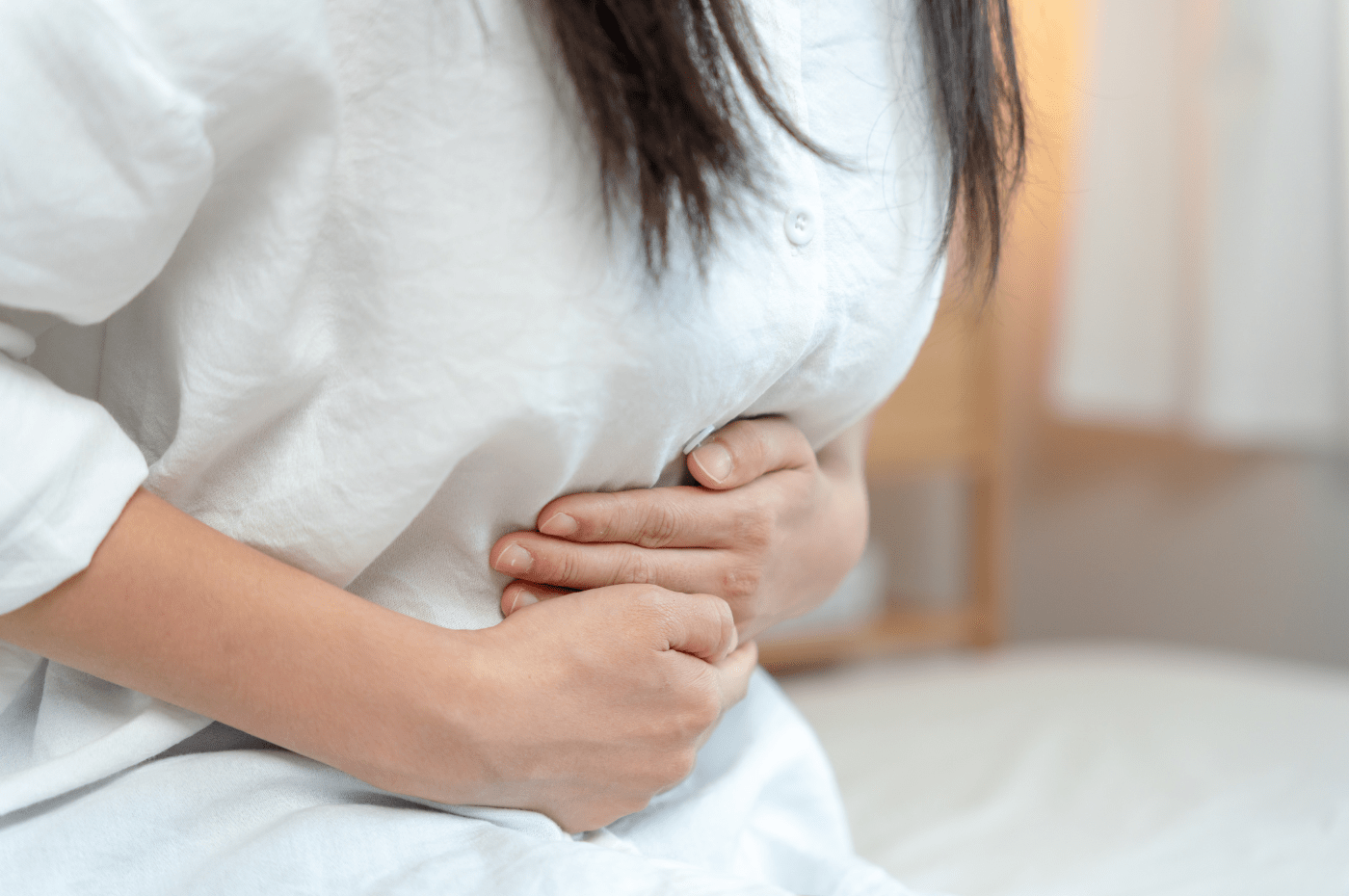Hemorrhoids are characterized by inflamed veins in the rectum and anus, causing excessive itching, irritation, bleeding, and pain. Over 1 million new hemorrhoid cases are reported annually in India, with an estimated 40 million Indians already suffering from piles in one form or another {1}. Despite its prevalence, it remains a highly taboo subject, often accompanied by shame. Many individuals feel hesitant to discuss their symptoms with family or healthcare providers due to their private nature. This reluctance can delay diagnosis and potentially worsen the condition.
Suffering from hemorrhoids or piles, and discussing its symptoms and prevalence, should not be taboo. The topic carries a burden of shame, fear, and anxiety for patients, who may feel isolated due to societal misconceptions.
Key Points to Know Before Exploring Hemorrhoid Symptoms and Relief Options:
- Pregnant women are more likely to develop hemorrhoids due to the extra pressure on the pelvic area during childbirth.
- Chronic constipation or diarrhea can strain the veins around the anus, weakening surrounding tissues and increasing the risk of hemorrhoids.
- Family history or genetic predisposition can contribute, as inherited weaknesses in blood vessels within the rectal area may play a role.
Common Misconceptions About Hemorrhoids:
- You can diagnose it easily – Pain isn’t the sole indicator of hemorrhoids. They can be internal or external. Internal hemorrhoids may cause bleeding without pain, as the inflammation occurs above the anus. External hemorrhoids, however, are more likely to cause intense irritation, pain, and persistent bleeding.
- It can happen to anyone – While hemorrhoids are more common in individuals over 50 {2} and slightly more prevalent in men, they can also occur in children and teenagers, particularly those who are overweight or have a diet low in fiber.
- Surgery is the only solution – Surgery (e.g., Sclerotherapy or Hemorrhoidectomy) is typically reserved for severe cases. Many cases can be managed through natural remedies, lifestyle changes, or over-the-counter treatments.
- Poor hygiene is the cause – Hemorrhoids are not linked to poor hygiene. They result from factors like obesity, prolonged bowel strain, constipation, pregnancy, or heavy lifting. In fact, the condition can complicate hygiene practices, leading to further skin irritation.
How Does CBD Help with Hemorrhoids?
Chronic pain associated with hemorrhoids can be naturally managed with cannabis-based medications. Active cannabinoids like CBD and THC possess analgesic (pain-relieving) properties, reducing the severity of pain in inflammatory conditions such as Irritable Bowel Syndrome and hemorrhoids {3}. Combining CBD with coconut oil enhances relief due to its antibacterial properties, and it also functions as a laxative to ease constipation.
CBD Oil can be applied topically or consumed sublingually to manage hemorrhoid symptoms. When applying topically, test the product on a small patch of skin to rule out any adverse reactions. Sublingual consumption involves placing a few drops under the tongue and holding for 10-15 seconds before swallowing, allowing faster absorption into the bloodstream and quicker relief. According to the Hemorrhoid Treatment Center of Florida, medical cannabis not only alleviates hemorrhoid-related pain but also has anti-anxiety and sleep-inducing effects, offering additional comfort. It is also considered a safer alternative to opioids for post-surgery recovery.
How to Determine Your CBD Dosage for Hemorrhoid Pain?
CBD is not a one-size-fits-all solution. Dosage depends on factors like tolerance, metabolism, medical history, and specific needs. Consult your healthcare provider and start with a low dose initially. Qurist offers FREE doctor consultations to provide comprehensive guidance on your health needs.
Holistic Ways to Manage Hemorrhoids
To ease discomfort and achieve long-term relief, maintain a consistent and healthy routine:
- Follow the prescribed CBD dosage and schedule recommended by your healthcare provider.
- Maintain proper hygiene using unscented soap and water, and consider a daily 15-minute sitz bath.
- Wear loose, comfortable clothing and use gentle tissues to prevent further irritation. Avoid prolonged straining and excessive wiping.
- Use warm water bottles or pads for external hemorrhoids to reduce inflammation.
- Incorporate fiber-rich foods like apples, bananas, beans, oatmeal, and legumes into your diet to improve bowel movements. Fiber supplements can also boost your body’s immune response.
Finally, don’t hesitate to discuss your condition with a doctor. Proactive measures and open conversations can help you maintain a lifestyle free of pain, taboos, and worries.
Qurist’s CBD+THC Oil is a 100% natural, preservative-free, and non-habit-forming solution that provides quick and effective relief from hemorrhoid-related pain.
Disclaimer: This blog is intended for educational purposes only. Readers are encouraged to conduct further research or consult their healthcare professional before making health-related decisions.





Leave a comment
This site is protected by hCaptcha and the hCaptcha Privacy Policy and Terms of Service apply.